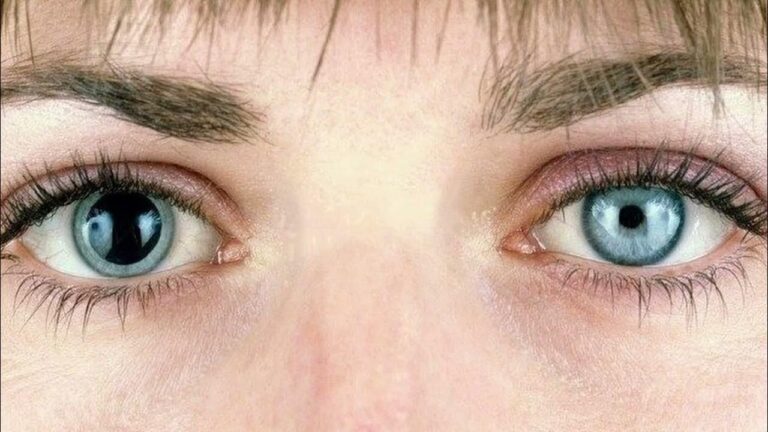The human eye is a complex and sensitive organ that reacts to light, emotions, and even underlying health conditions. One unusual but significant change in the eyes is the appearance of a pinpoint pupil, a condition where the pupil becomes abnormally small and does not respond properly to light.
In this article, we will explore the causes, symptoms, and treatments of pinpoint pupils to help you understand when this condition may signal a serious medical issue.
What Causes Pinpoint Pupils?
A pinpoint pupil, also known as miosis, occurs when the pupil constricts to an extremely small size. Several factors can lead to this condition, including:
1. Medication Side Effects
Certain medications, particularly opioids like morphine, fentanyl, or codeine, can cause pinpoint pupils as a side effect. Other drugs, such as pilocarpine (used for glaucoma), may also trigger this reaction.
2. Exposure to Chemicals or Toxins
Insecticides, nerve agents, or exposure to certain chemicals can lead to excessive pupil constriction. Organophosphates, often found in pesticides, are a common cause.
3. Neurological Conditions
Brain injuries, strokes, or conditions like Horner’s syndrome can affect the nerves controlling pupil size, leading to pinpoint pupils.
4. Eye Inflammation or Injury
Inflammation inside the eye (uveitis) or physical trauma can cause abnormal pupil constriction.
5. Substance Use
Illicit drugs, especially opioids (heroin, oxycodone), often result in pinpoint pupils, which can be a sign of overdose.
Symptoms Associated with Pinpoint Pupils
While the primary symptom is an unusually small pupil, other signs may accompany this condition, depending on the cause:
- Blurred vision – Due to reduced light entering the eye.
- Eye pain – If caused by inflammation or injury.
- Headaches or dizziness – In cases related to neurological issues.
- Overdose symptoms – Such as slow breathing, unconsciousness (if linked to opioids).
If a pinpoint pupil appears suddenly without an obvious cause, seek medical attention immediately, as it could indicate a life-threatening condition.
How Are Pinpoint Pupils Treated?
Treatment depends on the underlying cause:
1. Medication Adjustments
If drugs are causing the issue, a doctor may adjust the dosage or switch medications.
2. Overdose Reversal (Naloxone for Opioids)
In opioid overdose cases, naloxone can reverse the effects, including pinpoint pupils.
3. Treating Underlying Conditions
Neurological disorders or eye injuries may require specialized treatments like surgery or anti-inflammatory drugs.
4. Avoiding Toxins
If chemical exposure is the cause, removing the toxin and using antidotes (like atropine for pesticide poisoning) may be necessary.
When to See a Doctor
A pinpoint pupil alone may not always be dangerous, but if accompanied by:
- Severe headache
- Confusion or loss of consciousness
- Difficulty breathing
- Eye pain or vision loss
…seek emergency care immediately.
Conclusion
A pinpoint pupil can be a harmless reaction or a sign of a serious medical issue. Understanding the causes, symptoms, and treatments helps in determining whether immediate medical attention is needed. If you or someone you know experiences unexplained pinpoint pupils, consult a healthcare professional for proper diagnosis and care.
By staying informed, you can take the right steps to protect your vision and overall health.
